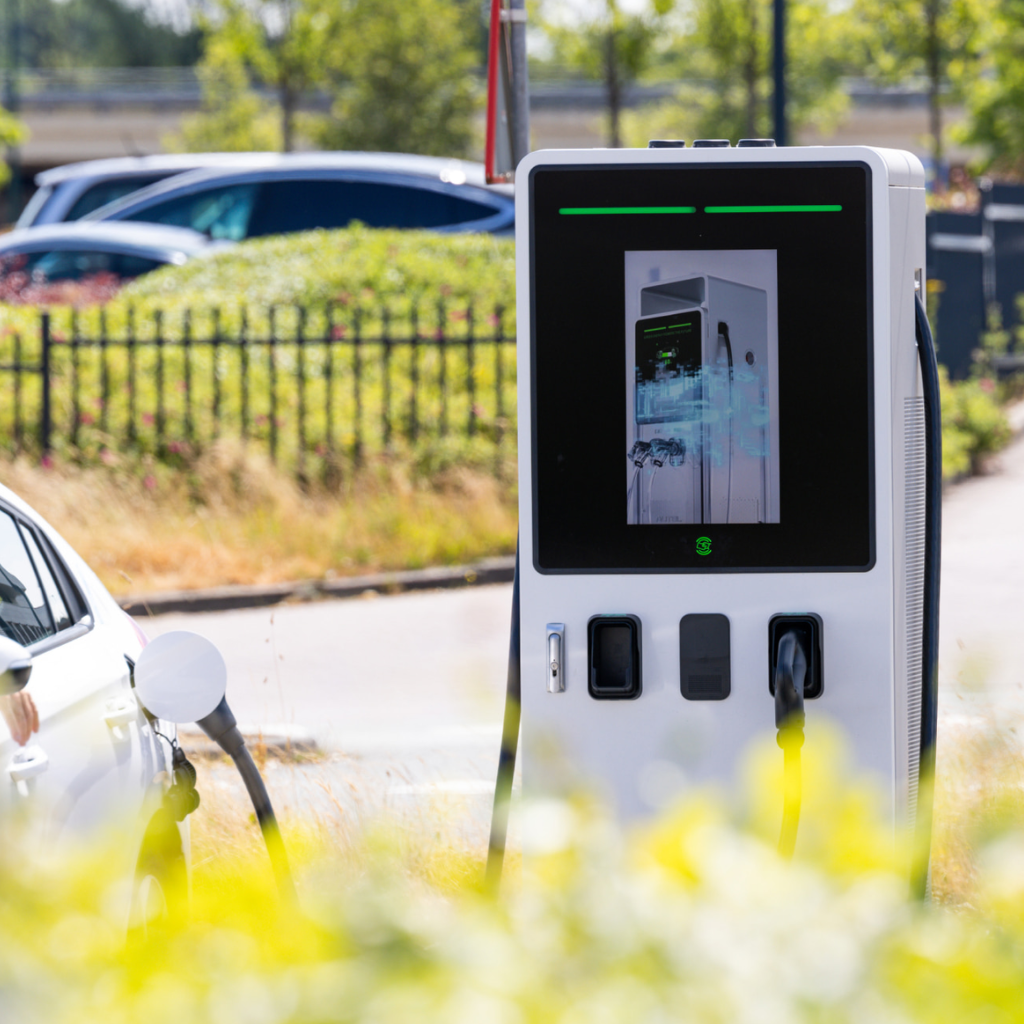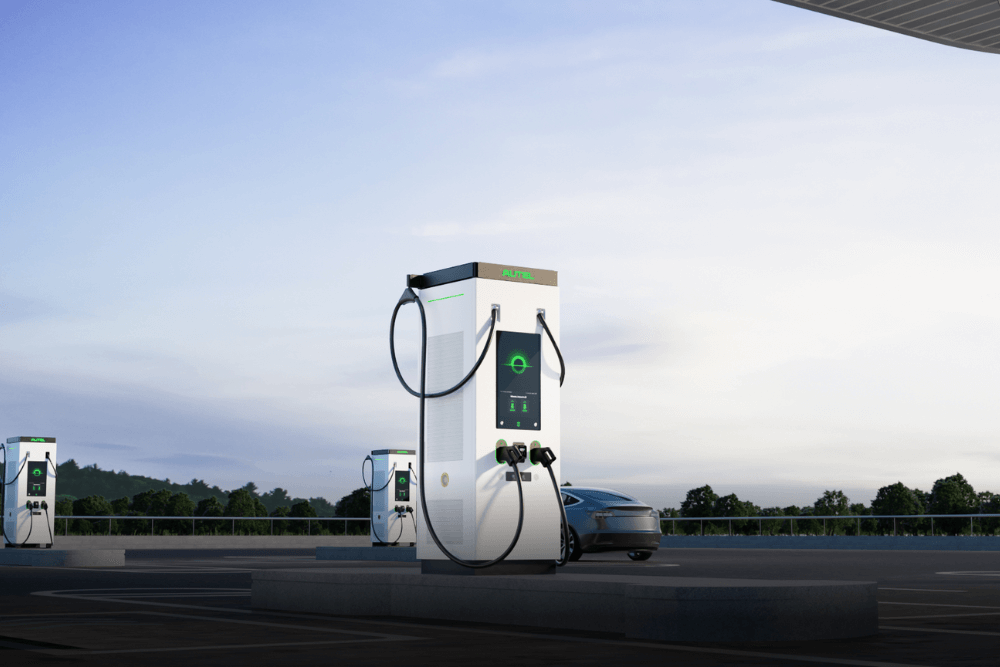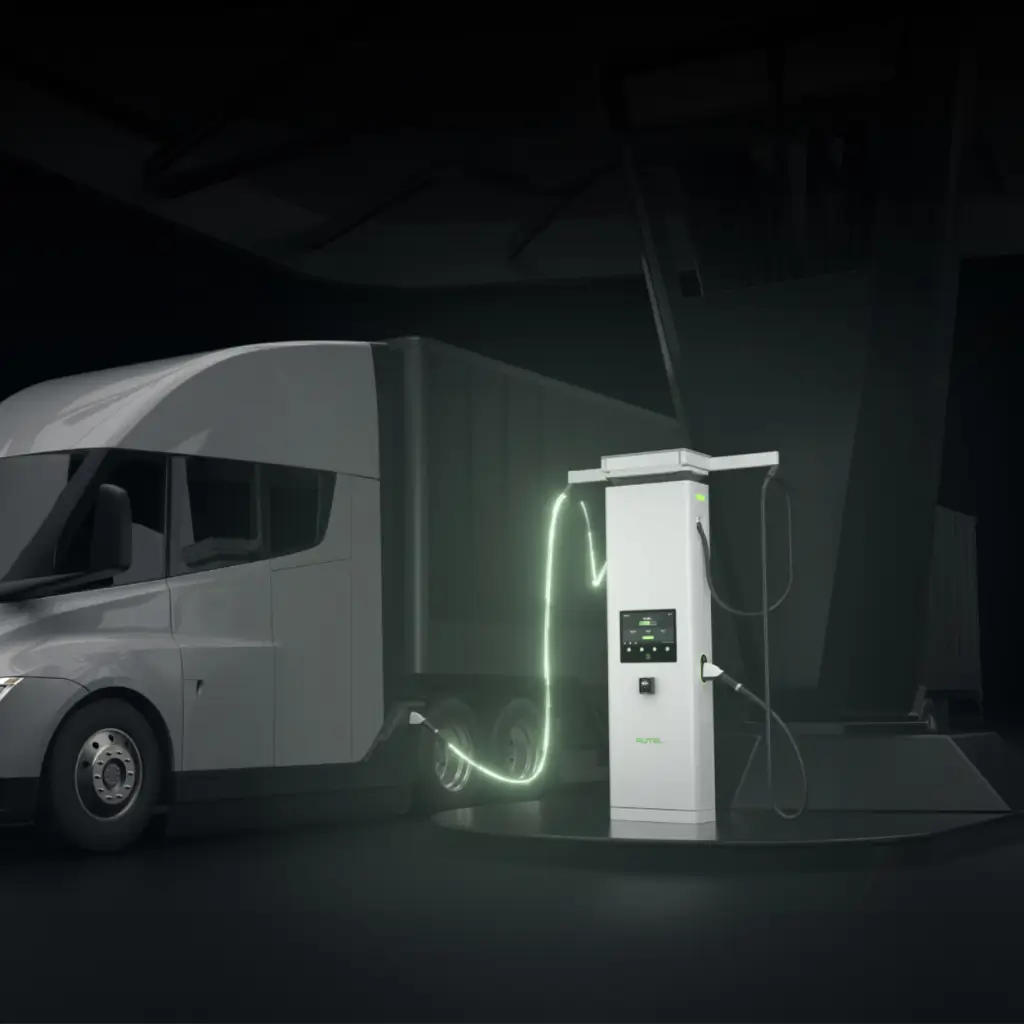
- MaxiCharger DH480
- MaxiCharger AC Pro
- MaxiCharger DC HiPower
- MaxiCharger DC Fast
- MaxiCharger DC Compact
- MaxiCharger AC Elite

- For CPOs
- For Fleets
- For Destination
- For Residential
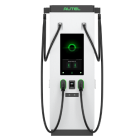 MaxiCharger DH480
MaxiCharger DH480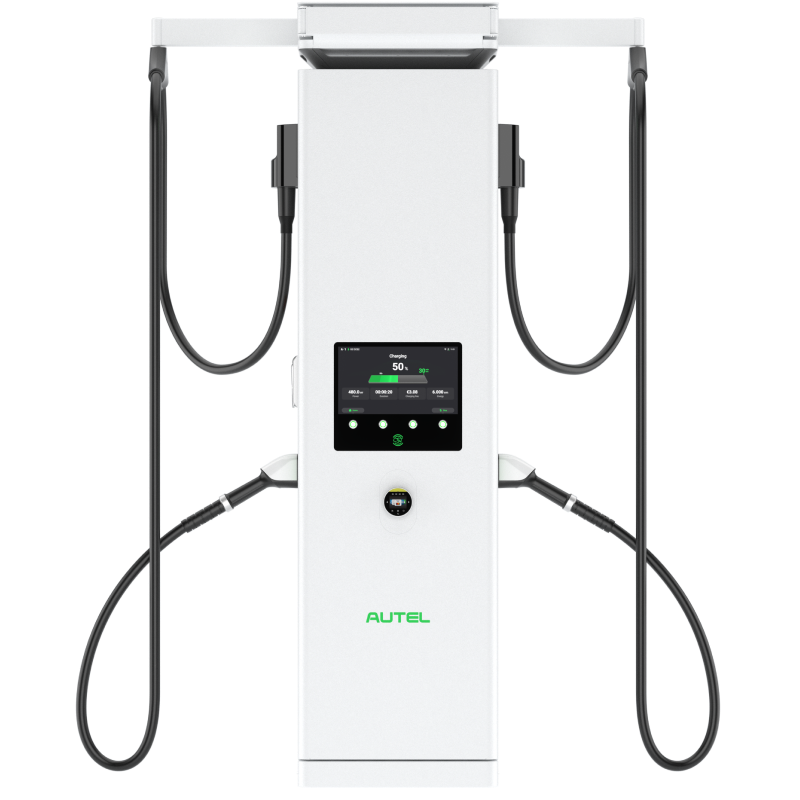 MaxiCharger DC HiPower
MaxiCharger DC HiPower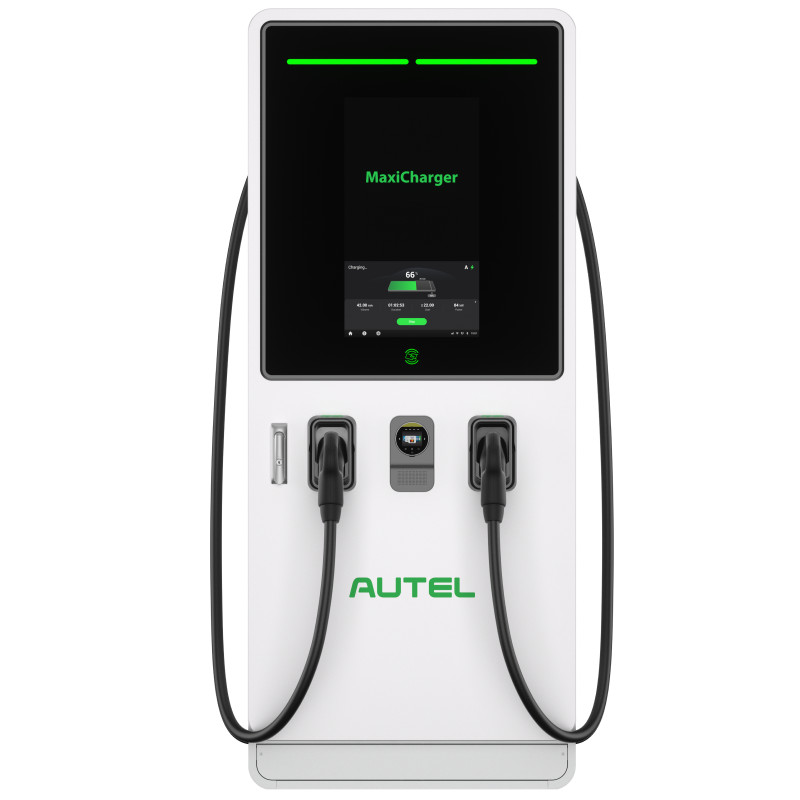 MaxiCharger DC Fast
MaxiCharger DC Fast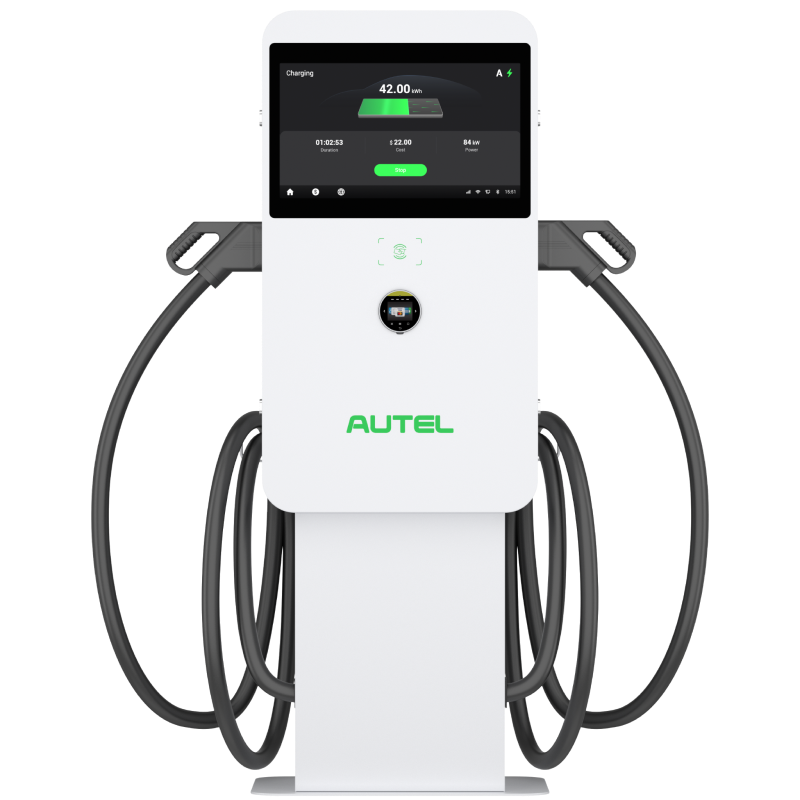 MaxiCharger DC Compact
MaxiCharger DC Compact
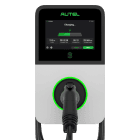 MaxiCharger AC Pro
MaxiCharger AC Pro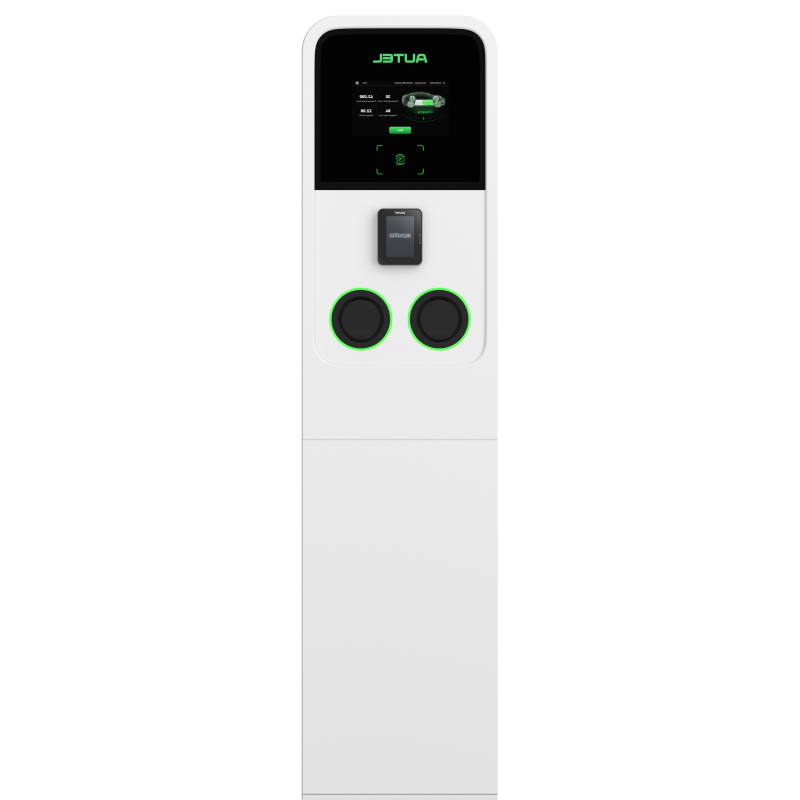 MaxiCharger AC Ultra
MaxiCharger AC Ultra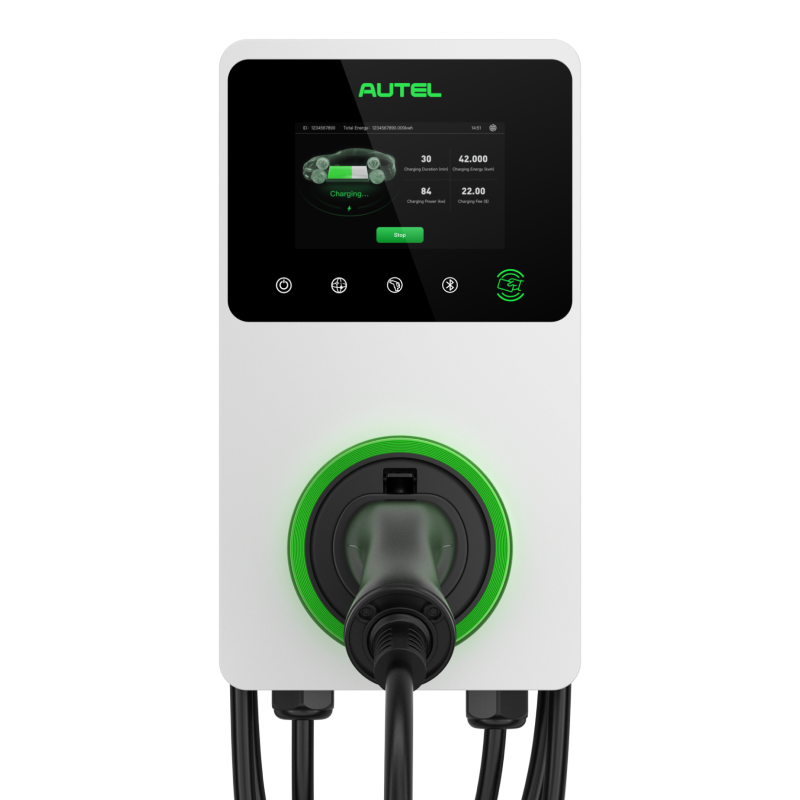 MaxiCharger AC Elite
MaxiCharger AC Elite
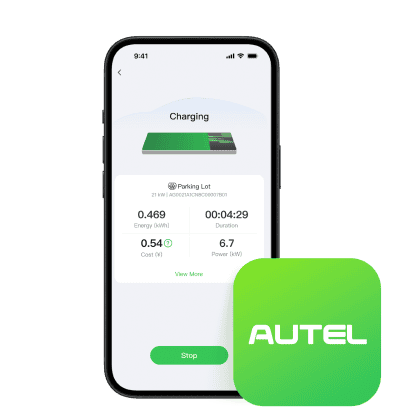 Software
Software
- Partner Introduction
- Become A Partner
- Event
- FAQ
- Blog
- About Autel
- Contact Us
- Sustainability
- Newsroom
- Brand Center
- Product Center
Are car charging stations profitable?
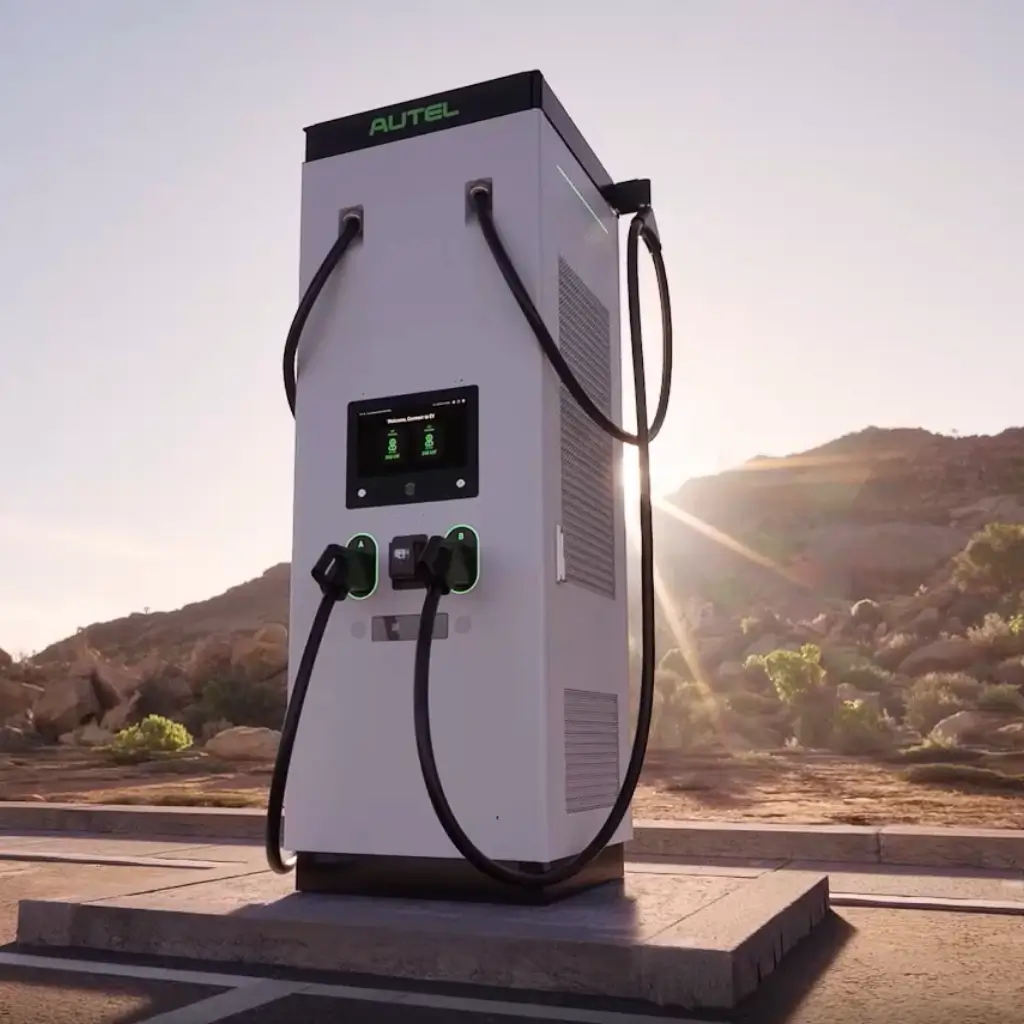
Electric vehicles (EVs) are on a rapid growth trajectory. With millions of EVs on U.S. roads and projections reaching over 33 million by 2030, the need for reliable charging infrastructure is urgent—and profitable. For property owners and forward-thinking businesses, EV charging stations offer not just a new revenue stream but a strategic edge in a shifting mobility landscape.
Why EV Charging Is a Smart Business Opportunity
Market Growth Is Driving Infrastructure Demand
The transition to electric mobility is accelerating. According to the U.S. Department of Energy, over 3.5 million EVs were registered in the U.S. in 2023. That number is expected to multiply nearly tenfold in less than a decade. However, public charging infrastructure is not keeping pace, creating a strong gap for businesses to fill.
Ideal for Retailers, Hotels, and Commercial Properties
Whether you manage a shopping center, hotel, or office complex, EV chargers enhance the value of your location. They draw in high-value customers, extend dwell time, and signal your commitment to innovation and sustainability.
Government Incentives Lower Entry Costs
Federal and state programs significantly reduce the upfront investment. The National Electric Vehicle Infrastructure (NEVI) program allocates $5 billion to develop a nationwide EV charging network. Local utility rebates can cover up to 80% of installation costs, making this a financially viable investment.
How EV Charging Stations Generate Revenue
Charging Fees and Tiered Pricing Models
Charging station owners earn money based on energy delivered or charging time. Many businesses use dynamic pricing—higher rates during peak hours—to boost margins. Premium parking fees for EV spots can also supplement income.
Boosting In-Store Sales and Customer Dwell Time
Charging sessions create natural foot traffic. Level 2 chargers typically require 4–8 hours for a full charge, while DC fast chargers—such as the Autel All-in-One EV Charger—can deliver an 80% charge in 30 minutes or less. This creates opportunities for retail, food service, and hospitality sales during the wait.
Advertising and Brand Partnerships
Modern EV chargers come equipped with digital screens, offering advertising potential. Businesses can sell screen time to eco-conscious brands or promote their own services directly to a captive, high-intent audience.
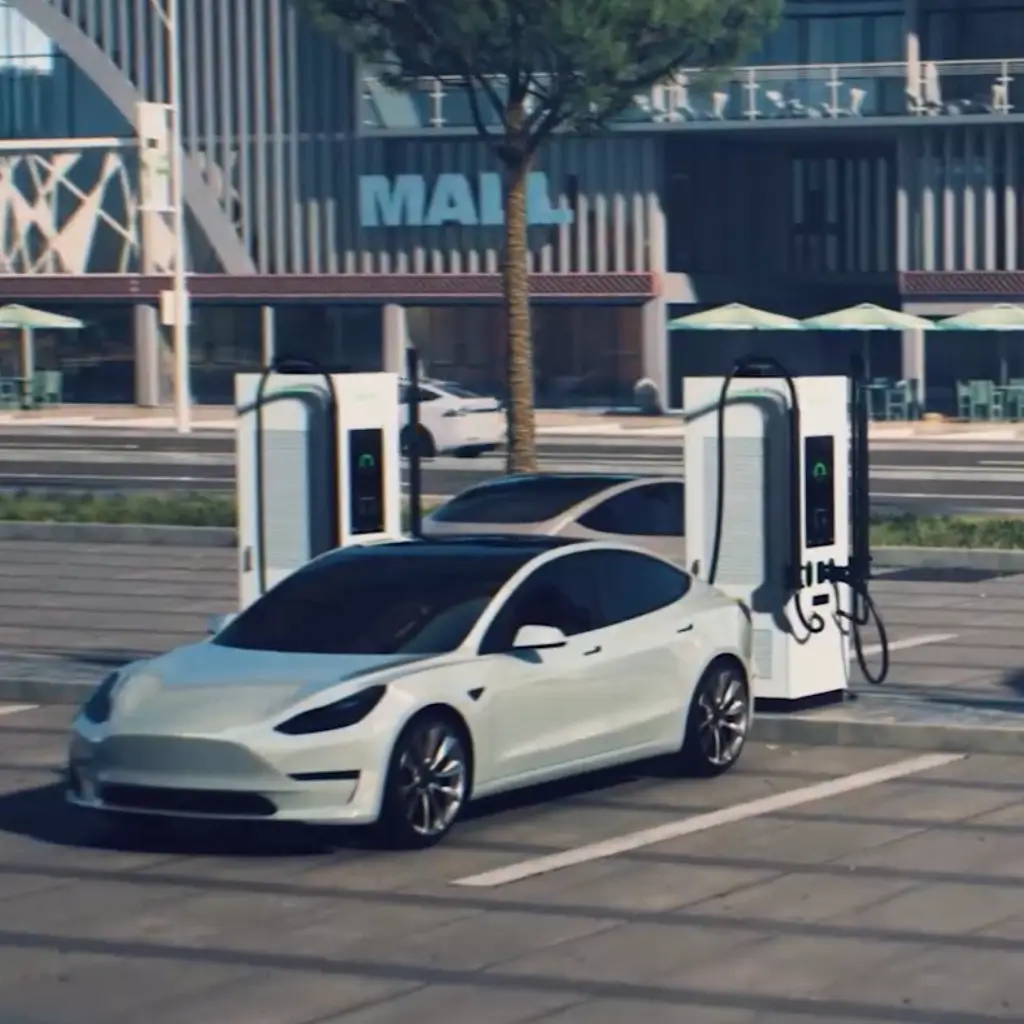
What It Costs—and How to Reduce Risk
Capital Costs Vary by Charger Type
A Level 2 charger generally involves a moderate capital investment, while DC fast chargers require a significantly higher upfront cost due to their speed and power requirements. However, various federal tax credits and utility incentive programs are available to help offset these expenses, making the overall investment much more manageable for businesses.
Ongoing Costs: Energy, Software, and Maintenance
Ongoing expenses include electricity use, software subscriptions, and maintenance. Smart load balancing tools help minimize demand charges, while cloud-based management platforms streamline billing and diagnostics. Partnering with experienced service providers can further reduce operational complexity.
Choose the Right Equipment for Your Location
Not all sites require ultra-fast charging. Urban retail locations may benefit most from Level 2 units, while highway stops or logistics hubs may require DC fast charging. Products like the Autel All-in-One EV Charger offer flexibility, modularity, and high-speed output, making them suitable for a wide range of commercial applications.
Avoid These Mistakes That Hurt ROI
Poor Site Placement = Low Utilization
Chargers need to be visible, accessible, and near high-traffic areas. Avoid placing them in isolated or poorly lit corners. Clear signage and good lighting can dramatically improve usage rates.
Ignoring Regulatory Timelines and Utility Coordination
Permitting and electrical upgrades can delay installations. Work with vendors who understand zoning laws, permitting requirements, and local utility coordination to avoid unnecessary setbacks.
Failing to Promote the Charger’s Location
Even a great charger goes unused if no one knows it’s there. Ensure your station is listed on navigation platforms like PlugShare and Google Maps. Promote it on your website and social channels to attract EV drivers.
Long-Term Strategic Benefits
Enhanced Customer Experience and Brand Loyalty
Offering EV charging shows that your business values sustainability and convenience. This improves customer satisfaction and encourages repeat visits.
Higher Property Value and Tenant Demand
EV-ready infrastructure is now a competitive advantage. Commercial tenants, especially in office and residential developments, are increasingly seeking properties that offer EV charging as a baseline amenity.
Supporting ESG Goals and Regulatory Compliance
Installing EV charging aligns with environmental, social, and governance (ESG) targets. In some jurisdictions, new developments are now required to include EV infrastructure, making early adoption a long-term compliance asset.
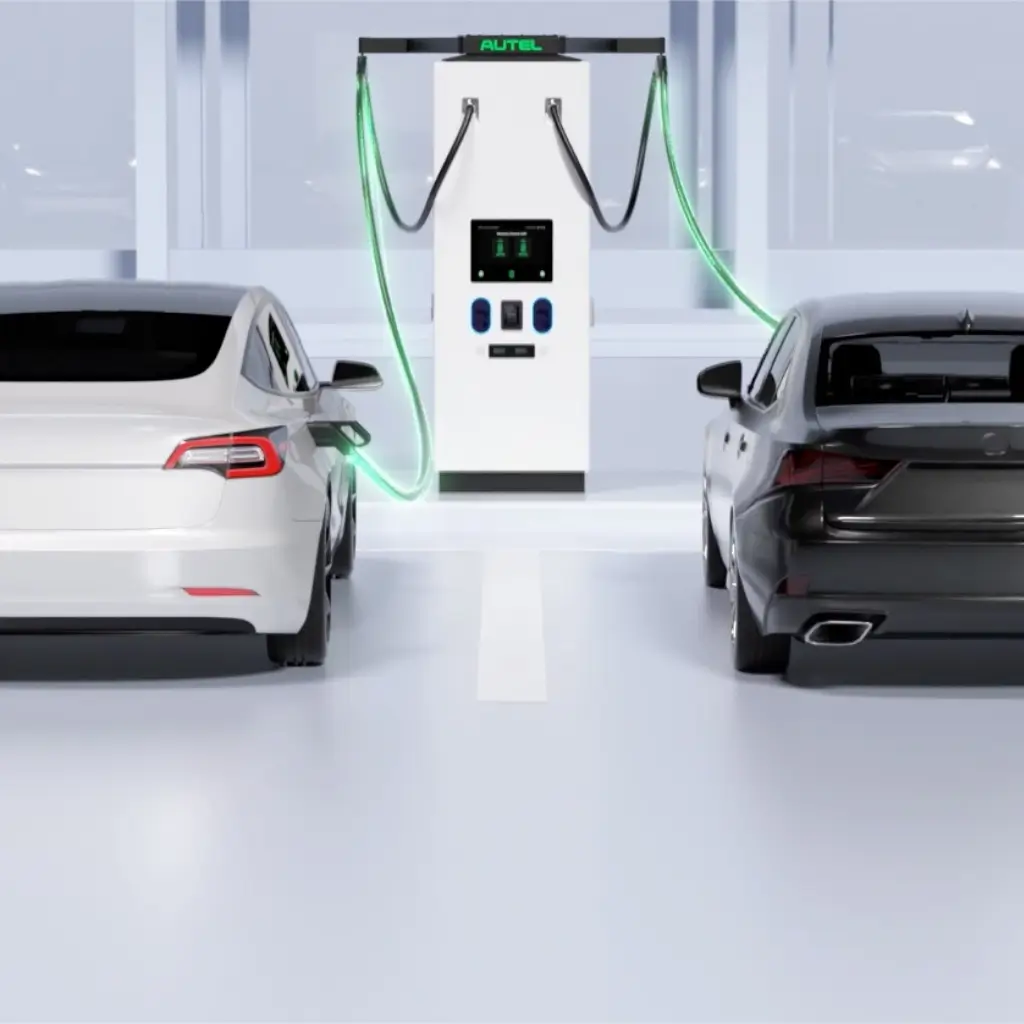
Is EV Charging the Right Fit for Your Business?
Industries Seeing the Strongest ROI
- Retail centers: Drive foot traffic and increase dwell time.
- Hospitality: Offer convenience that attracts eco-conscious travelers.
- Office buildings: Meet tenant expectations and improve lease competitiveness.
- Fleet operators: Lower fuel costs and prepare for electrification mandates.
Success Depends on More Than Technology
Choosing the right hardware is critical, but profitability depends on planning. You need the right location, local incentives, reliable hardware, and an operational strategy that ties into your broader business model.
Solutions like the Autel All-in-One EV Charger deliver on flexibility, performance, and reliability, helping businesses of all sizes turn EV charging into a smart, scalable investment.
Final Thoughts
Yes—EV charging stations can be very profitable. But success doesn’t happen by accident. With the right planning, placement, and partnerships, charging infrastructure can deliver not just revenue, but brand loyalty, customer traffic, and long-term property value.
Thinking of adding EV chargers to your business? Work with a partner like Autel Energy that understands both the technology and the business case, and start turning charging into growth.
